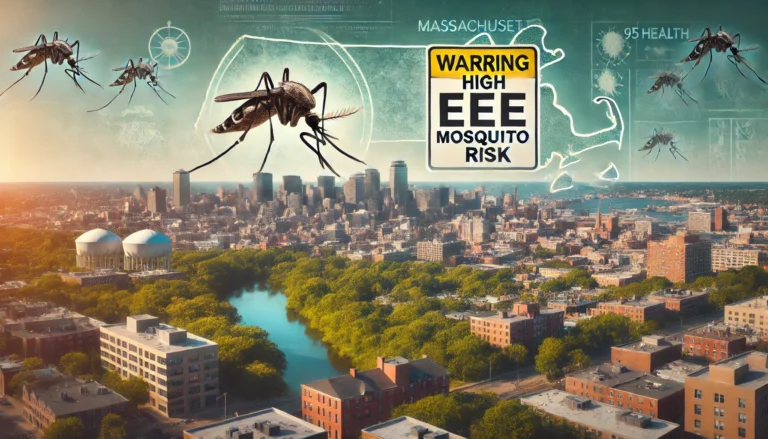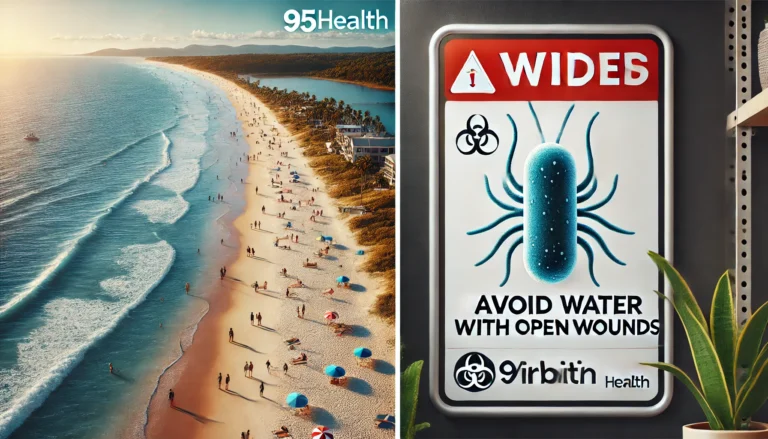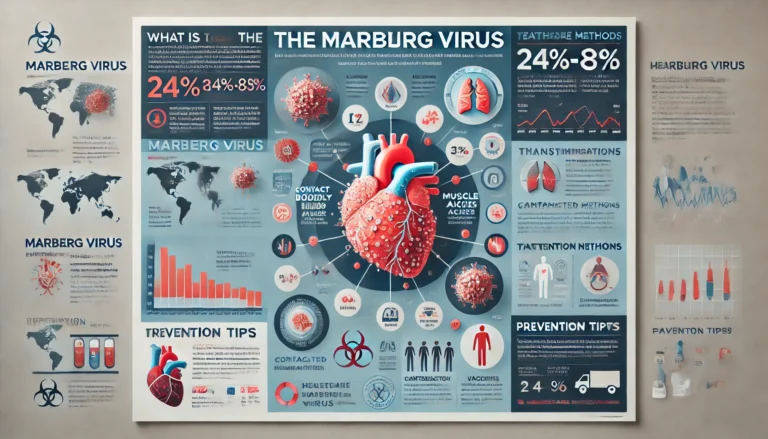Massachusetts Reports First Human Case of Eastern Equine Encephalitis (EEE) in 2024
In a concerning development, Massachusetts health officials have reported the first human case of Eastern Equine Encephalitis (EEE) in the state for 2024. The case marks the latest in a series of EEE occurrences in recent years, underscoring the persistent risk of mosquito-borne diseases, particularly in the late summer months. The Massachusetts Department of Public Health (DPH) confirmed the case in early August, as part of its broader mosquito surveillance efforts. This occurrence is a stark reminder of the serious health threat that EEE poses to residents of the region.
What Is EEE?
EEE, also known as Triple E, is a rare but extremely serious disease caused by a virus transmitted through the bite of an infected mosquito. The virus affects the brain and central nervous system and can lead to severe neurological damage or even death. While EEE is relatively uncommon, it is one of the most dangerous mosquito-borne diseases, with a fatality rate of around 30% for those who develop the severe neurological form of the disease. Survivors may experience long-term neurological problems that significantly impact their quality of life.
The 2024 Season: Elevated Risk
According to the Massachusetts Department of Public Health (DPH), mosquito surveillance efforts began in mid-June, with routine testing conducted across various regions of the state. By August, mosquito pools had tested positive for the EEE virus, signaling an increased risk for human cases. This prompted the DPH to issue warnings to residents, particularly those in areas with higher mosquito activity.
Massachusetts is particularly vulnerable to EEE due to its numerous wetlands, which create ideal breeding grounds for mosquitoes. The virus does not circulate every year but tends to emerge in cycles when environmental conditions favor mosquito proliferation.
The DPH continues to update risk levels based on mosquito testing results, providing the public with information on current risk maps and data. Areas with a high risk of EEE are closely monitored, and residents are encouraged to stay informed about their local mosquito populations.

Symptoms and Treatment of EEE
Symptoms of EEE typically appear 4 to 10 days after an infected mosquito bite. The disease may begin with flu-like symptoms, including fever, headache, and muscle aches. In severe cases, the virus progresses to encephalitis, causing inflammation of the brain. This can result in seizures, coma, and death.
There is no specific treatment for EEE, and care is mainly supportive, focusing on alleviating symptoms. Patients with severe EEE often require intensive medical care, including respiratory support. Given the high mortality rate associated with EEE, prevention is critical.
Price: $10 – $15
Buying Point: [Amazon](https://www.amazon.com) or local pharmacies
Buying Guide: Look for repellents containing 20-30% DEET for effective protection.
Price: $20 – $50
Buying Point: [Walmart](https://www.walmart.com) or outdoor stores
Buying Guide: Choose lightweight, breathable fabrics for comfort in warm weather.
Price: $15 – $30
Buying Point: [Target](https://www.target.com) or home goods stores
Buying Guide: Ensure the net has a fine mesh to keep out mosquitoes effectively.
Price: $75 – $150 per dose
Buying Point: Consult with a veterinarian
Buying Guide: Annual vaccination is recommended for horses in high-risk areas.
Preventive Measures and Public Health Response
In response to the confirmed case, Massachusetts health officials are urging residents to take preventive measures to protect themselves from mosquito bites. These include using EPA-approved insect repellents, wearing long sleeves and pants, avoiding outdoor activities during peak mosquito hours (dusk to dawn), and ensuring windows and doors are properly screened. Additionally, residents are advised to reduce mosquito breeding sites by removing standing water from their properties.
The state has also ramped up mosquito control efforts, including localized spraying in areas where EEE-positive mosquitoes have been detected. Residents can learn more about aerial spraying and other control measures through the State Reclamation and Mosquito Control Board.
Local health departments across the state are coordinating with the DPH to monitor the situation and respond as needed. This includes issuing health alerts, sharing preventive advice with residents, and collaborating with mosquito control districts to reduce the risk of further cases.
Historical Context of EEE in Massachusetts
EEE is not new to Massachusetts. In fact, the state has seen periodic outbreaks of the virus since the 1930s. The most recent significant outbreak occurred in 2019, with a total of 12 human cases and six fatalities. This prompted a large-scale public health response, including widespread aerial spraying and enhanced public education efforts.
According to the Centers for Disease Control and Prevention (CDC), EEE outbreaks tend to occur in cycles, with several years of elevated mosquito activity followed by quieter periods. The virus is primarily maintained in bird and mosquito populations, with humans being incidental hosts. Horses are also susceptible to EEE, and horse owners in Massachusetts are encouraged to vaccinate their animals as a preventive measure.
Address: 250 Washington St, Boston, MA 02108
Address: 251 Causeway St, Boston, MA 02114
Address: 1600 Clifton Rd, Atlanta, GA 30329
What You Can Do to Stay Safe
Residents of Massachusetts are encouraged to remain vigilant and take steps to protect themselves from mosquito bites, especially during the peak mosquito season from July to September. Some key preventive actions include:
- Use Insect Repellent: Apply an EPA-approved repellent containing DEET, picaridin, oil of lemon eucalyptus, or IR3535 when spending time outdoors.
- Dress Appropriately: Wear long sleeves, long pants, and socks to reduce exposed skin.
- Avoid Peak Mosquito Activity: Mosquitoes are most active from dusk to dawn. If possible, stay indoors during these hours.
- Secure Your Home: Make sure windows and doors are properly screened to prevent mosquitoes from entering your home.
- Eliminate Standing Water: Mosquitoes lay their eggs in standing water. Remove water from items like buckets, flower pots, and gutters around your home.
Test Your Knowledge: EEE Case in Massachusetts 2024
1. Is Eastern Equine Encephalitis (EEE) transmitted by mosquitoes?
2. Select the symptoms associated with severe EEE:
3. Which of the following are preventive measures against EEE?
4. What is the fatality rate for severe EEE cases?
Quiz created by 95Health.com







